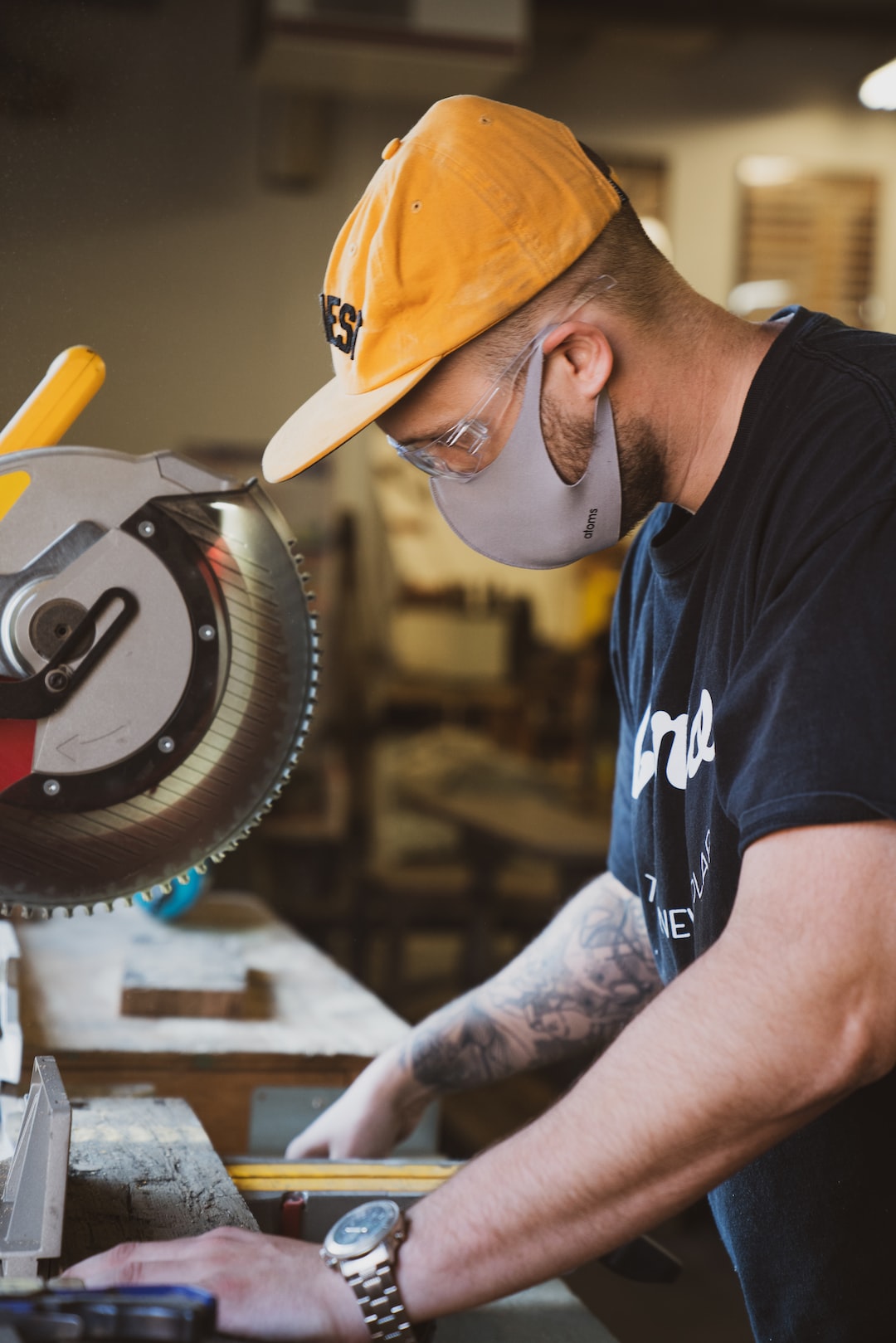In today’s fast-paced world, where environmental concerns are becoming increasingly pressing, sustainable manufacturing has emerged as a crucial solution to building a greener future. It is no secret that the manufacturing industry has played a significant role in the degradation of our environment. From excessive resource consumption to pollution and waste generation, the sector has had a significant impact on Earth’s fragile ecosystems. However, by adopting sustainable manufacturing practices, we can mitigate these negative effects and pave the way for a greener and more sustainable future.
Sustainable manufacturing refers to the process of creating products using methods that have minimal negative impact on the environment, while maximizing efficiency and resource utilization. It encompasses every stage of production, from design and material selection to manufacturing and distribution. By prioritizing sustainability in the manufacturing sector, we can reduce greenhouse gas emissions, minimize waste generation, conserve resources, and promote a circular economy.
One of the core principles of sustainable manufacturing is energy efficiency. By adopting energy-saving technologies and practices, manufacturers can significantly reduce their carbon footprint. This includes using renewable energy sources, such as solar or wind power, investing in energy-efficient machinery, and optimizing processes to minimize energy consumption. These efforts not only help combat climate change but also result in substantial cost savings for businesses.
Another key aspect of sustainable manufacturing is responsible waste management. Traditional manufacturing processes generate significant amounts of waste, often ending up in landfills or polluting water bodies. However, with sustainable manufacturing, waste is regarded as a valuable resource. Through techniques like recycling, remanufacturing, and upcycling, manufacturers can minimize waste generation and turn discarded materials into new products. Not only does this reduce environmental impact, but it also provides economic opportunities and promotes a more circular and sustainable economy.
Furthermore, sustainable manufacturing emphasizes the use of eco-friendly materials. By opting for sustainable, biodegradable, or recyclable materials, manufacturers can reduce the impact of their products throughout their lifecycle. This includes considering the extraction of raw materials, the manufacturing process itself, and the product’s end-of-life disposal. By promoting the use of sustainable materials, manufacturers can contribute to reducing deforestation, waste generation, and pollution.
While the adoption of sustainable manufacturing practices is essential, it also requires cooperation and commitment from various stakeholders. Governments can play a crucial role by implementing policies and regulations that incentivize sustainable practices and provide support to businesses transitioning to more environmentally friendly alternatives. Consumers also have a significant role to play by demanding sustainable products and supporting companies that prioritize environmental responsibility.
In conclusion, sustainable manufacturing is the key to a greener future. By prioritizing energy efficiency, responsible waste management, and the use of eco-friendly materials, manufacturers can significantly reduce their environmental impact. However, achieving a more sustainable manufacturing sector requires collaborative efforts from governments, businesses, and consumers alike. By working together, we can build a greener future for generations to come.

